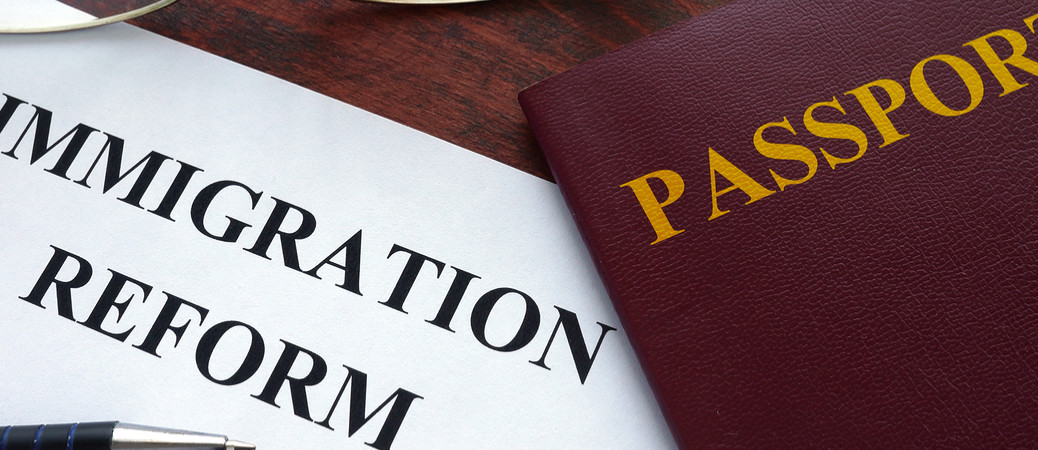Anyone can be a victim of a crime whether you are present in the United States lawfully or not. Unfortunately, many undocumented residents may never report a crime to law enforcement as they are concerned about their immigration status. This not only hurts the victims, but also the community at large as the criminal offender remains on the streets. To help solve this issue, the U.S. Immigration and Customs Enforcement agency (ICE) can approve a special type of visa for crime victims.
The Administrative Stay of Removal for U Nonimmigrant Status (known as the U-Visa) is available for undocumented immigrants who were the victims of sexual assault or other violent crimes. This visa grants you amnesty so that you can properly seek help from law enforcement without fear of deportation. This is important for many reasons. First, many crime victims live in fear of the perpetrator, especially in cases of domestic violence. Law enforcement can provide protection from the offender, help you seek a protection order, or keep the offender behind bars for your safety.
In addition, if you were deported, you would not be able to assist law enforcement during the criminal process. If you agree to cooperate with law enforcement to assist with the prosecution, you can be eligible for a U-Visa. In addition, you may obtain visas for your immediate family members so that they can also remain in the U.S. with you.
While the U-Visa is extremely beneficial to immigrant victims of crime and their families, the process of applying and obtaining the visa can be complex. While law enforcement is supposed to help you with this process, they are often busy and so your visa can be substantially delayed. It is always a good idea to discuss your situation with an experienced immigration attorney who can help you through every step of the process.
Call a NJ and NY Immigration Attorney for More Information
If you believe you may be qualified for a U-Visa or if you need help with a pending application, your first call should be to the office of Ronald P. Mondello, Esq. Attorney at Law. Being a crime victim can be emotional and stressful in itself and we provide the highest quality of assistance so that you can focus on your personal recovery from your experience. We also handle a wide range of immigration matters for individuals throughout New Jersey and New York. If you would like more information about how we can help you, please call or contact us online today.




